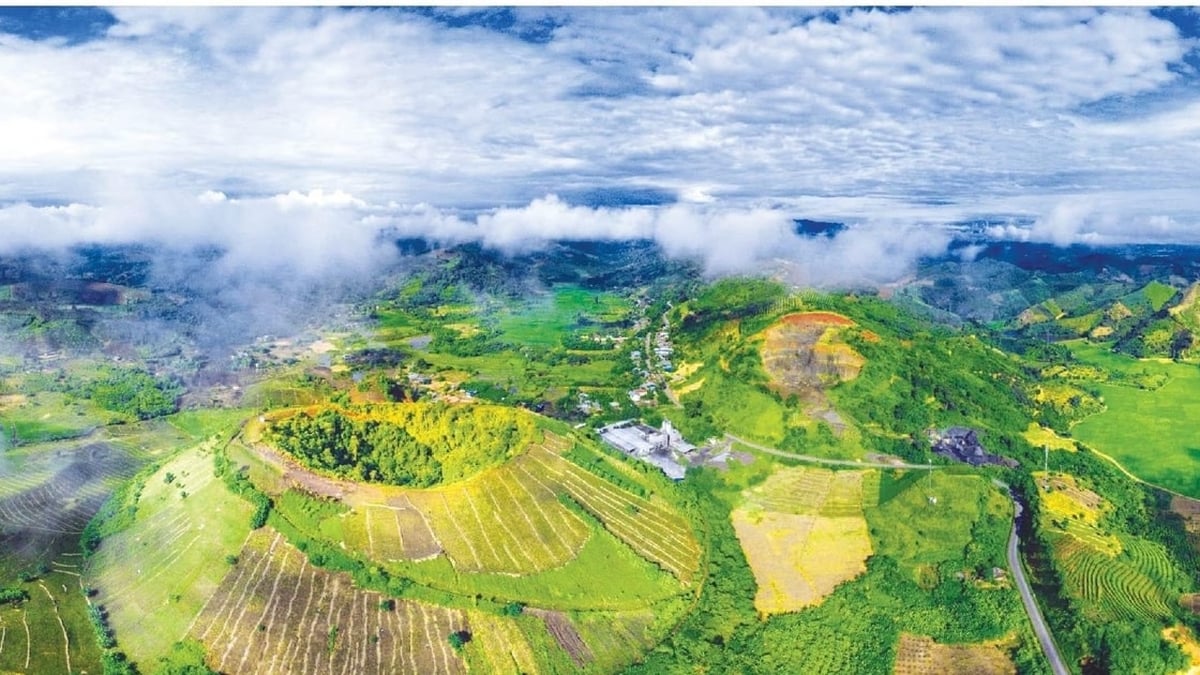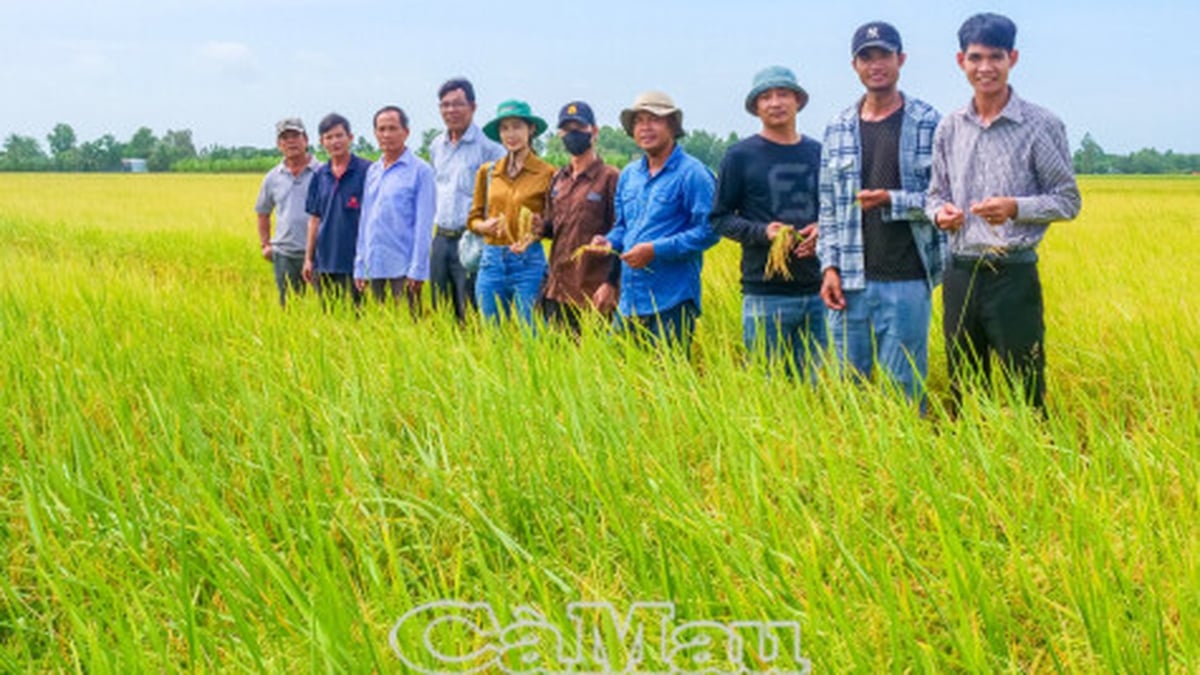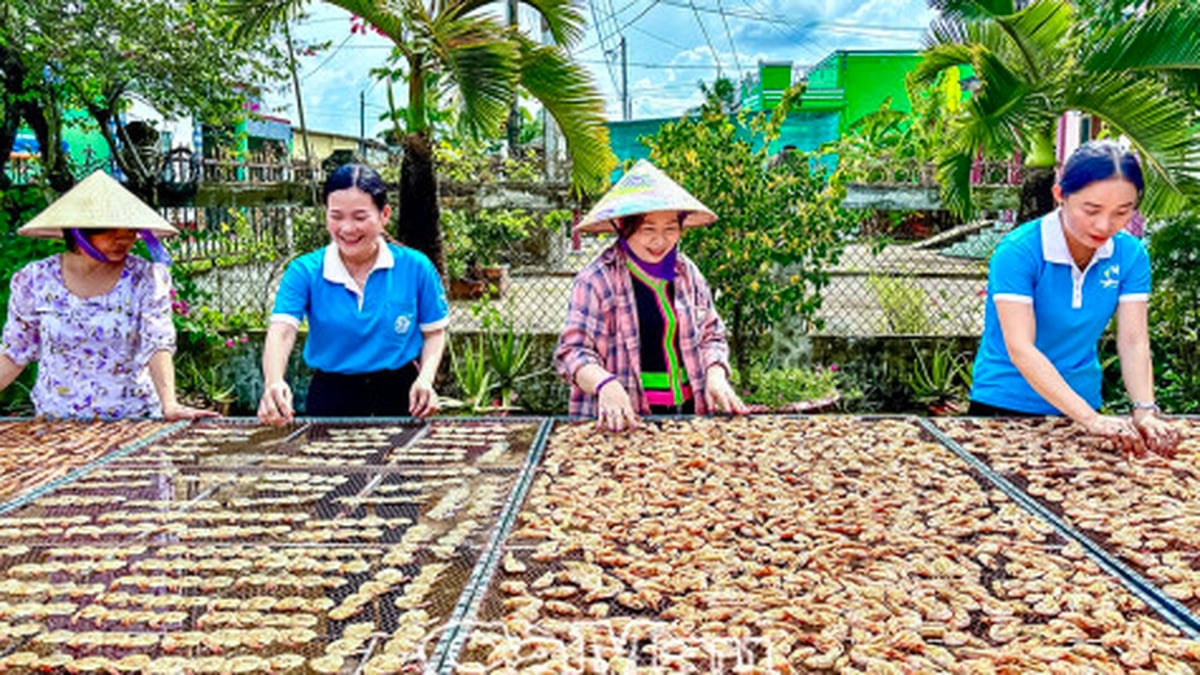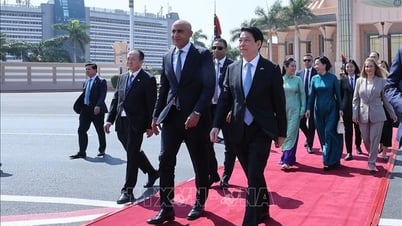Recently, Philippine President Ferdinand R. Marcos, JR. issued Executive Order No. 62, which will reduce import tariffs on many items. For rice, the import tariff will be reduced from 35% to 15%, effective until 2028.
This can be considered the latest move by the Philippine Government to deal with inflation, especially the price of rice which has been continuously increasing in the market since the beginning of the year.

Retail prices of some rice products in the Philippines in September 2022 (current retail prices have increased to 54 - 60 pesos/kg).
Accordingly, in the first quarter of 2024, the Philippine economy is relatively stable, except for the increase in prices of some essential consumer goods, especially rice, with an increase of about 24.4% in the first quarter of 2024. Of which, rice prices account for about 9% of the Philippines' consumer price index (CPI).
Therefore, the effective date of Decree No. 62 is 30 days from the date of publication in the Official Gazette (June 20, 2024); for rice import tax, the effective date is 15 days after the date of publication. Thus, the effective date of the new rice import tax in the Philippines is expected to be early August 2024.
The Vietnam Trade Office in the Philippines believes that the Philippines' reduction of rice import tax will create more favorable conditions and increase opportunities for Vietnamese rice in the Philippine market.
Specifically, information from the Bureau of Plant Industry, Department of Agriculture of the Philippines shows that in 2024, the total amount of rice imported by the Philippines is estimated to reach about 4 million tons. In the first 5 months of 2024, the Philippines' rice imports reached nearly 2 million tons, an increase of 20.3% compared to the first 5 months of 2023 with an import level of 1.64 million tons.
Vietnam remains the Philippines' largest rice export partner. From January 1 to May 23, 2024, Vietnam exported 1.44 million tons of rice to the Philippines, accounting for 72.9% of the Philippines' total rice imports. Thailand ranked second with 300,227 tons, followed by Pakistan with 144,834 tons, and Myanmar with 65,080 tons. The rest were imported from India, China, Japan, Cambodia, Italy, and Spain.
Source






















![[Photo] Discover the "wonder" under the sea of Gia Lai](https://vphoto.vietnam.vn/thumb/1200x675/vietnam/resource/IMAGE/2025/8/6/befd4a58bb1245419e86ebe353525f97)

![[Photo] Nghe An: Provincial Road 543D seriously eroded due to floods](https://vphoto.vietnam.vn/thumb/1200x675/vietnam/resource/IMAGE/2025/8/5/5759d3837c26428799f6d929fa274493)








































































Comment (0)